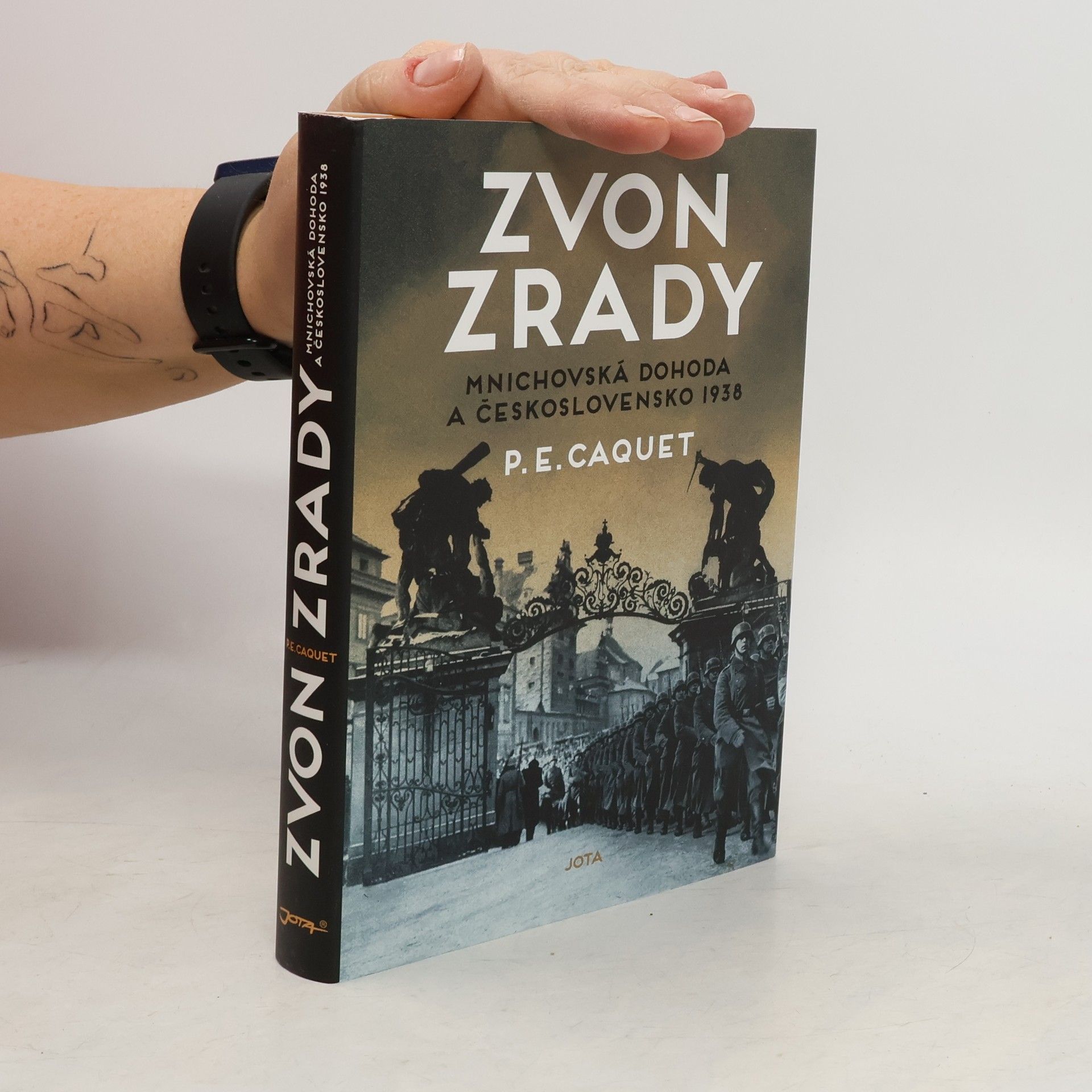On returning from Germany on 30 September 1938 after his agreement with Hitler on the carve-up of Czechoslovakia, Neville Chamberlain spoke to the crowds at 10 Downing Street: My good friends ... I believe it is peace for our time. We thank you from the bottom of our hearts. Go home and get a nice quiet sleep. Winston Churchill commented dryly: We have chosen shame and will get war. Pierre Caquet's history of the events leading to the Munich Agreement and its aftermath is told for the first time from the point of view of the peoples of Czechoslovakia and the many Germans and others (including Thomas Mann) who had taken refuge there from the Nazis. Basing his account on countless previously unexamined sources including the press, memoirs, private journals, military plans, parliamentary records, film and radio, Pierre Caquet presents the familiar tale of one of the most shameful episodes in modern European history in a tragic new shape.
P. E. Caquet Livres




The history of drug prohibition and the war on drugs is explored, revealing its origins in China rather than the commonly assumed Western contexts. The narrative emphasizes that drug suppression arose from historical accidents rather than deliberate planning. As the book examines the impact of this global anti-narcotics order, it questions the effectiveness of the war on drugs in light of rising opioid deaths and cartel violence, advocating for a reevaluation of current policies and approaches to drug regulation.
Zvon zrady
- 280pages
- 10 heures de lecture
V roce 1938 se Československo podvolilo tlaku Velké Británie a Francie, aby postoupilo pohraniční území nacistickému Německu, což se stalo osudovou předehrou druhé světové války. Když Neville Chamberlain po dohodě s Hitlerem prohlásil, že přináší „mír pro naši dobu“, Winston Churchill varoval, že zvolení hanby povede k válce. Politika appeasementu tehdy dominovala, přičemž mnozí politici si uvědomovali nebezpečí, které hrozilo. Chamberlainova slova o „kopání zákopů kvůli sporům ve vzdálené zemi“ vystihují tehdejší myšlení. Současný britský historik přináší nový pohled na tyto události, čerpající z dosud nevyužitých zdrojů, jako jsou československé noviny, vzpomínky pamětníků, soukromé deníky, vojenské plány a vládní záznamy. Autor dochází k překvapivým závěrům, například že německá vojenská síla v roce 1938 nebyla větší než síla československé a francouzské armády. Tato analýza ukazuje, jak složité a mnohovrstevnaté byly politické a vojenské okolnosti doby, a jaké důsledky měly rozhodnutí tehdejších vůdců na budoucnost Evropy.